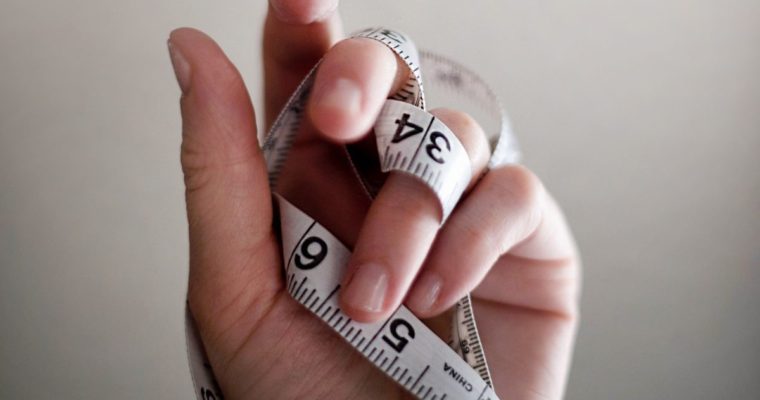It’s almost the middle of the year and we did not forget about keeping you motivated to lose weight or to follow the healthy diet you promised yourself at the start of the new year. Goals are difficult to achieve, that’s why they’re called goals and not ‘easy wins’. Here’s the step-by-step plan on how to set yourself up for success when striving to reach your healthy goals.
Planning for Healthy Goals
There’s a SMART way to lose weight and set your goals. Follow SMART to better understand and grasp your goals.
Specific
Measurable
Accountable
Realistic
Timeframe
If you’ve gained weight after graduating, having a baby, or just from letting things get too far, it’s time to put yourself back on track. Saying you “want to lose weight” does not have a clear meaning or direction for you to follow, and will most likely not translate into you losing any weight. A goal needs to be as specific as possible so that there are no questions or doubts that you will have along the way.
Figure out what exactly you want to achieve, how you are going to do it and, of course, why you want to. For example, “I want to lose 25lbs because I feel unmotivated, I have no energy and I am unhappy with my body. In order to do this, I am going to sign up for a spin class three times a week, drink 8 glasses of a water each day, and begin to take a multivitamin daily.”
Talk about a healthy goal!
There are three methods to losing weight – dietary, physical and supplemental. No matter what method you chose, the math is simple, according to Jun Wang, ND, of InVite Health. “In order to lose weight, individuals must create an energy imbalance; eating less and exercising more.”
Dietary Behavior Approach
When taking a dietary approach to weight loss, you’ll want to do three things. The first is to record your food intake from the moment you wake up to the time you go to bed. “This helps assess the calorie count and nutritional value of what you are eating,” says Wang.
Investing in a calorie counter might be a great idea for you in order to give yourself some insight into how many calories you consume daily in order to lose weight. Wang warns that cutting calorie intake drastically will not be a quick fix. “To lose weight, it’s best to cut calorie intake gradually and consistently and be sure to keep up activity levels.”
Physical Approach
“Thirty minutes of moderate-intensity aerobic activity daily (150 min/week) is recommended to reduce chronic disease risk. Sixty minutes of moderate daily activity (300 min/week) is recommended to prevent weight gain in adulthood.”
Supplements for Weight Management
There are a few supplements that have been clinically tested to provide support for weight loss and weight management.
White kidney beans supply a carb-blocker to break down sugar from foods like bread, potato, pasta and rice.
Probiotics are live bacteria that support your bodies healthy levels of bacteria. They help burn calories and decrease body fat. They also help to reduce inflammation and have been shown to improve the health of the gut.
CLA (Conjugated Linoleic Acid) made from safflower oil has been shown to help reduce body fat by inhibiting the activity of enzymes that would normally transfer from from our blood into fat cells.
What are some of your healthy goals for May or 2018 overall? Leave us a comment below to join the conversation!






